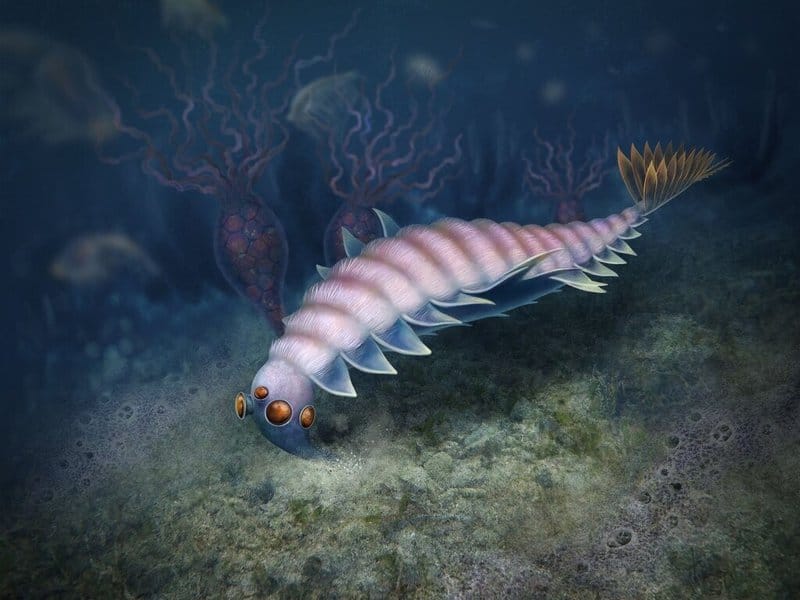If we roamed the earth millions of years ago, we probably wouldn’t have survived more than a few minutes. Many animals were vicious and larger than humans. Luckily, they’re extinct now, so we don’t have to walk around hoping we’re not going to get plucked off the ground and eaten by large birds or scary predators.
These extinct animals look like they’re straight from a horror movie, with curled jaws and many rows of sharp teeth. If we saw these animals walking around today, we’d assume it was the end of the world. Some of these extinct animals that used to exist weighed thousands of pounds, had massive claws, and were just plain deadly.
These are just more reasons we can feel grateful we’re alive during these modern times and don’t have to worry about as many massive, ferocious animals wandering the planet, because these aren’t the kinds of animals you’d want to accidentally find walking around in your backyard. Evolution certainly had human survival in mind.
Utaurora

This small, spiky-tailed marine animal is a freak of nature. These stem-arthropods mainly originated in Utah (hence its name), and were relatives of the Opabinia. It also had claw-like appendages for snatching prey in the sea. It was alive a few million years after Opabinia in North America, and was discovered in Utah’s Cambrian Wheeler Formation. Imagine swimming in the sea, only to discover this animal? No, thanks! (Live Science).
